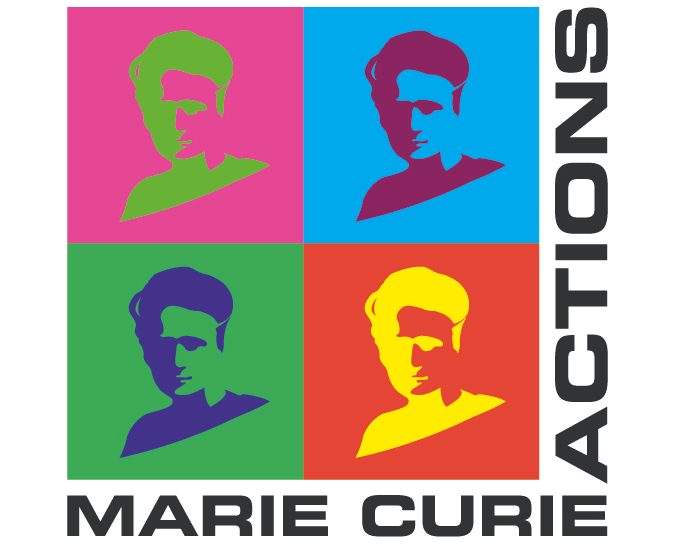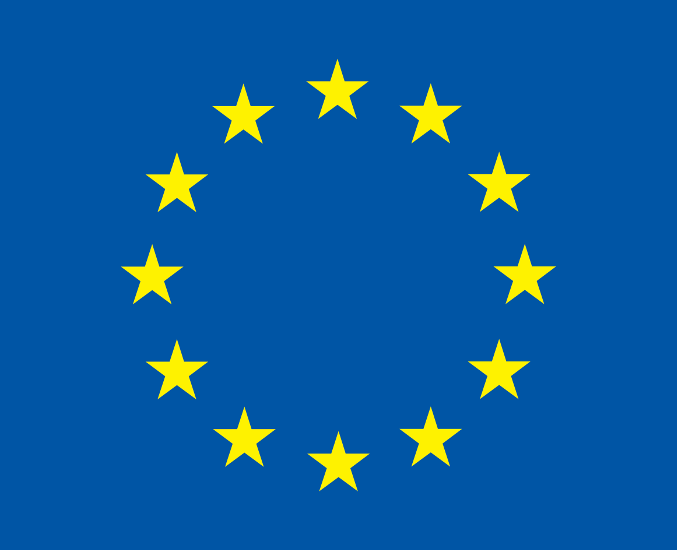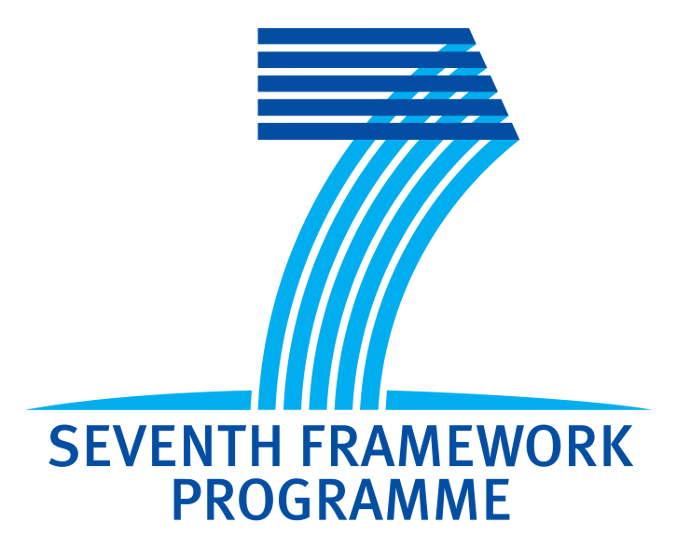London | Camp 1 | 27 April – 2 May 2014
Graz | Camp 2 | 14 – 20 September 2014
Borås | Camp 3 | 7 – 13 February 2015
The Hague | Convention 1 | 14 – 18 September 2015
Cologne | Convention 2 | 15 – 18 March 2016
Maynooth | Summer School | July 2016
Antwerp | Convention 3 | 5-7 October 2016
Additional Events
Camp 1: Theories, Practices, Methods
27 April – 2 May 2014 | Cambridge/London | Full description and programme
Sunday, 27 April 2014 | Trinity College (Cambridge)
- 10:00-13:00, Supervisory Board Meeting
- 15:00-19:00, Supervision (internal)
Presentation of DiXiT fellows’ individual research projects
Monday, 28 April 2014 – Friday, 2 May 2014
- Training: Medieval and Modern Manuscript Studies in the Digital Age (MMSDA)
Camp 2: Technology, Software, Standards
14 – 20 September 2014 | Graz | Full description and programme
Sunday, 14 September – Friday, 19 September 2014
- Training: Introduction to TEI P5 XML for Digital Scholarly Editions
Saturday, 20 September 2014
- 09:30-12:30, Supervision (internal)
- 14:00-17:00, Supervisory Board Meeting
Camp 3: Academia, Cultural Heritage, Society
7 – 13 February 2015 | Borås | Full description and programme
Saturday, 7 February 2015
- 10:00-18:00, Unconference for all DiXiT fellows
Sunday, 8 February 2015
- 09:30-12:30, Supervision (internal)
- 14:00-17:00, Supervisory Board Meeting
Monday, 9 February – Friday, 13 February 2015
- Training: Critical Transmission, Dissemination and Sustainability / Principles of the Digital Archive and Digital Asset Management / Tablet App Opportunities for scholarly editions
Convention 1: Technology, Software, Standards
14 – 18 September 2015 | The Hague | Convention Website | Tweet wall
The convention will be an informal meeting where the DiXiT research fellows will present their first results in interactive sessions. We anticipate a lively get-together bristling with new ideas, and we hope that many of those working in the field of scholarly editing and digital humanities will gather here. In order to broaden the scope and diversity of the meeting, the convention organisers are issuing this call.
While the focus of the convention is on technology, software and standards, topics for the sessions may include anything related to scholarly digital editing, such as:
- tools for editing, collation, publication
- text markup: application, development, advantages, disadvantages
- sustainability and preservation of editions: economic and technical
- editing as a social endeavour: crowd-sourcing, social editions and other forms of collaboration
- the role of the editor in digital editing
- and others
Keynotes will be given by Leo Jansen, editor of the acclaimed edition of Van Gogh’s letters, Laurent Romary, director of DARIAH, and Lorna Hughes, chair in digital humanities at the University of London’s School of Advanced Study (SAS).
The meeting is preceded by two parallel workshops on September 15: Net 7 (Italy) runs a workshop about semantic enrichment of digital library content; Huygens ING runs a workshop on TEI and neighbouring standards.
Information about registration for the convention and workshops will follow.
Convention 2: Academia, Cultural Heritage, Society
15 – 18 March 2016 | Cologne | Convention Website
The Cologne Center for eHumanities is organizing the second DiXiT convention, taking place 15-18 March 2016 in Cologne, Germany. It includes sessions on Critical Editing, Building Communities, Cultural Heritage, Social Editing & Funding, Publishing and Licenses.
Please read the convention website for more information.
DiXiT Outreach Summer School
July 2016 | Maynooth/Dublin
A summer school under the title ‘Digital Scholarly Editing: Educating the Next Generation’ will explore new ways to convey in an age of Twitter and Facebook the value and values embodied in the scholarly editing process to a generation of digital natives, and to make the scholarship of digital scholarly editing relevant to the next generation. NUIM, in conjunction with the National Library of Ireland (NLI) will design and deliver this outreach event to secondary students in which they will create a publicly available digital scholarly edition based on NLI collections. ESRs will introduce students to the theory and practice of digital scholarly editing, from traditional editorial theory to design of digital collections (interface, scripting). Ultimately, the purpose of the summer school is to introduce secondary students, not simply to digital scholarly editing, but to the new disciplinary field of digital humanities, to demonstrate that there are careers in the humanities that engage with some of the most difficult computational issues of our time. This winter school will be a test case for other similar events in other countries associated with DiXiT. An output of the event will be a white paper written by the ESRs as well as making publicly available all the winter school exercises, etc, so that they could be easily adapted/translated for other similar situations.
Convention 3: Theories, Practices, Methods
5 – 7 October 2016 | Antwerp | Convention website (with CfP)
This convention is conceived of as a three days conference with keynote speakers, panels & round tables and will present and discuss the preliminary results, as well as the problems encountered, during the research within WP1. It will be organized in association with ESTS to enable exchange of views, not only among the DiXiT partners, but also with scholarly editors from a wide range of European countries with divergent editorial traditions.
- Add-On 1: Complexities of Project Logistics: One day workshop to prepare participants for multiple stages, multiple source formats and changing circumstances of digitisation projects. To be conducted by KNAW.
- Add-On 2: Digital Scholarly Editions and Textual Criticism: One day workshop to examine and assess digital representations and encodings of a critical apparatus’s and to discuss the state of the art of automatic collation tools; to be organised by network experts from EHESS, UoC, ESTS, TEI-C, NeDiMAH & ER(s).


